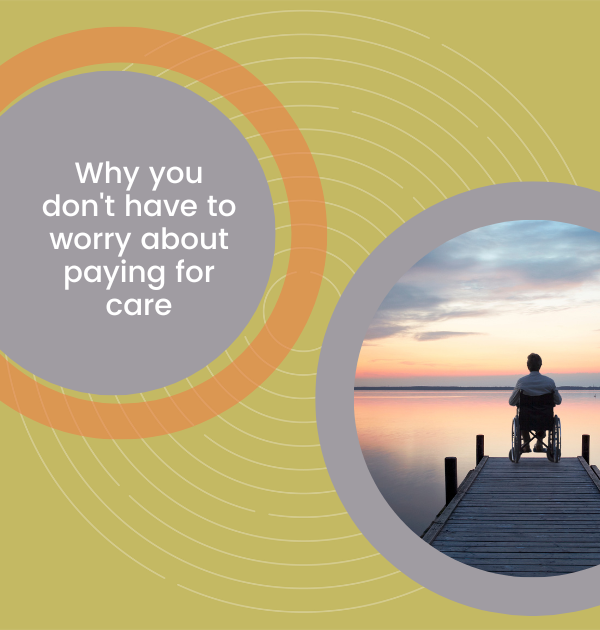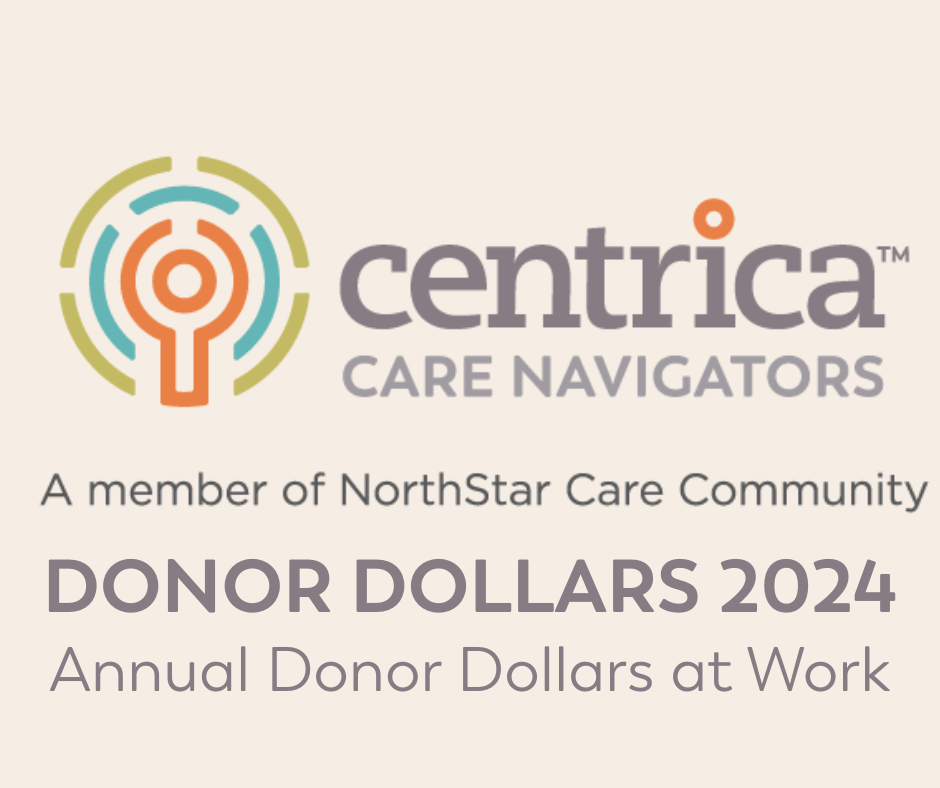Most insurance plans have a benefit to cover hospice services, though it’s important to know that at Centrica Care Navigators patients are welcome regardless of their ability to pay.
The Medicare benefit is the most common way hospice services are paid. The hospice benefit has been available through Medicare Part A for decades. Medicare use for hospice care has tripled in the past 20 years, to nearly 2 million people in the U.S.
Hospice care under the Medicare Hospice Benefit covers but isn’t limited to:
· The medicine, supplies, and services needed for pain relief and symptom management
· Support from a hospice doctor and registered nurse
· Social and emotional support in the form of social workers, hospice aides, chaplains, and others who work closely with the patient to achieve goals
· Grief counseling for the patient, family members, and other caregivers
It’s not the only way to pay for our services; those with private insurance often have coverage for end-of-life care, and Medicaid also supports hospice. Finally, people who don’t have their own insurance, Medicaid, or Medicare can still benefit from Centrica Care Navigators services.
What you receive and how you pay
How to pay for hospice care is a question our team is asked a lot. Every situation is different, and we work with patients and their families to make sure everyone is treated with compassion and care. Paying for care is not something you or your loved one should be worried about.
In our very first meeting with your loved one, we’ll look at the person’s overall condition, including:
1. Their physical health (for example, do they have necessary medication?),
2. Their emotional state (for example, how do they feel about end-of-life care?), and
3. Their spirituality (for example, would they like to visit with a chaplain?).
We’ll also determine which health insurance benefits the patient has, which may pay for hospice care. This could be a call to their insurance company, or submitting paperwork to Medicare or Medicaid.
It likely will require completing forms with details of the person’s financial situation. That can be time-consuming and stressful in a time when you and your loved one are getting used to doctor visits and maybe even new living conditions.
Our team will help. We can work with you to fill out forms and make sure you can focus on providing the right care for your loved one, not worrying about paying for services.
Medications, supplies, and other services
What exactly does your payment go toward? Every patient’s situation is unique to what they want and need out of end-of-life care, but there are many services that patients often use:
· Durable medical equipment (hospital beds, walkers, blood sugar meters, oxygen tanks, etc.)
· Medical and personal care supplies
· Medications related to the life-limiting illness
· Meetings with our grief support team
· Nutrition counseling for end-of-life patients
· Physical therapy
· Visits by a registered nurse, a social worker, a chaplain, and a hospice aide
· Visits with a volunteer (and sometimes their pet!)
Not every service is appropriate to every patient, which is why the care team works with patients and their personal physicians to develop a plan that does offer the best options.
Remember, though, that the care you or your loved one receives is the most important thing. It may be Medicare or Medicaid, or your personal insurance, or some other form of payment. We are happy to answer any questions you have about coverage — and we’re ready ensure your loved one receives compassionate end-of-life care with Centrica Care Navigators.
Discover more here on our website, join us on social media, or call us at 269.345.0273.




